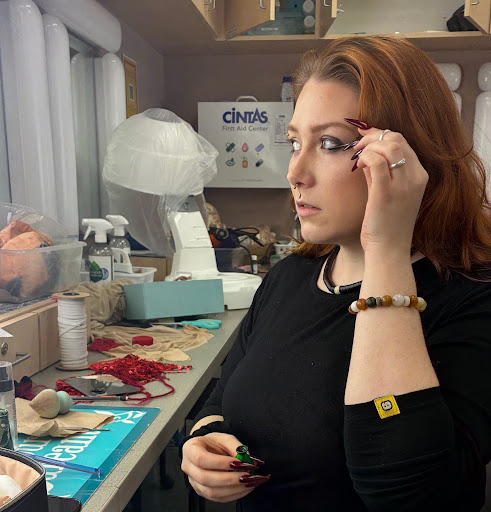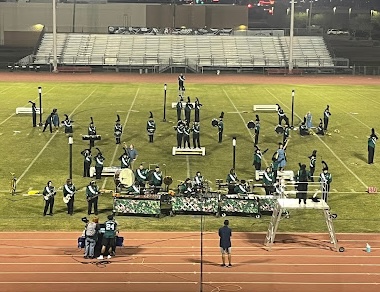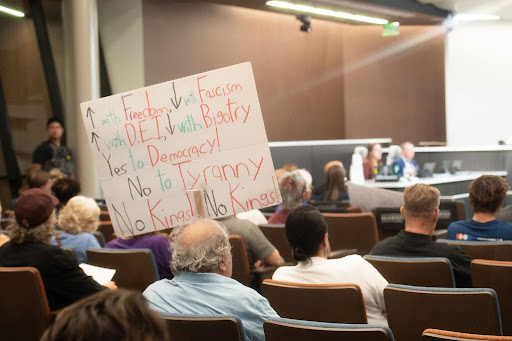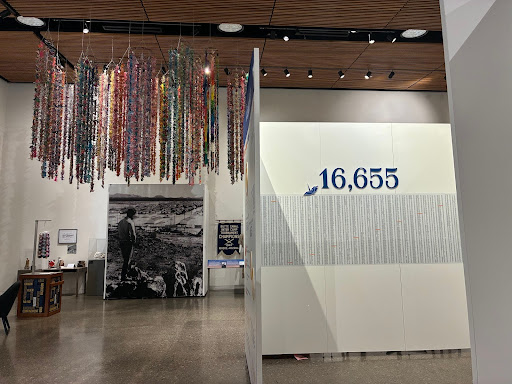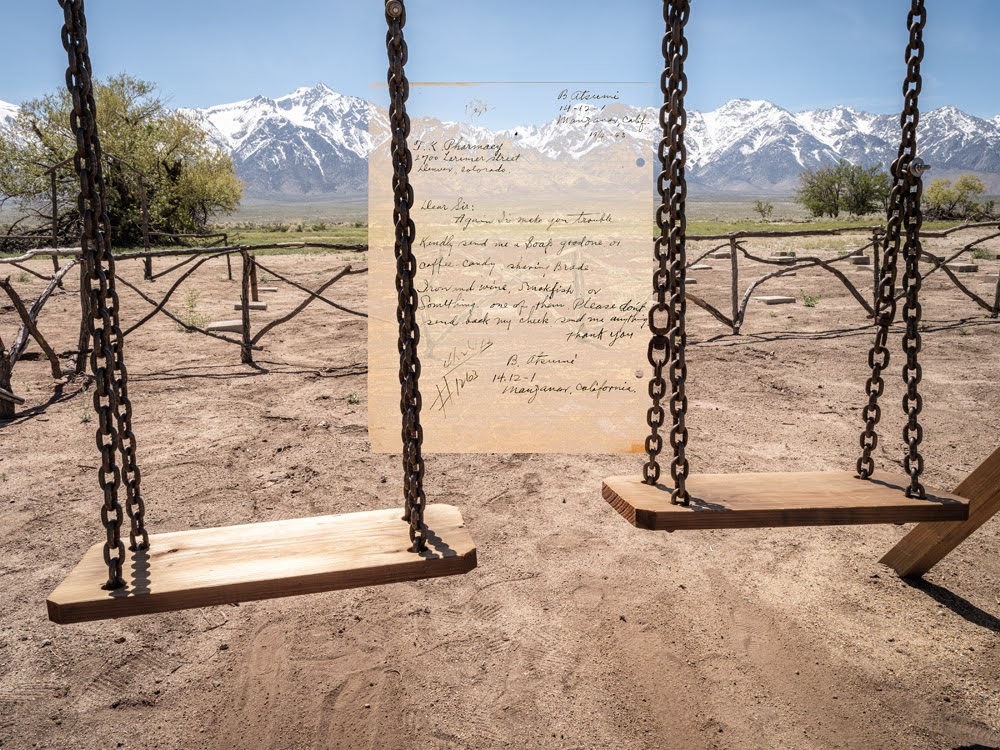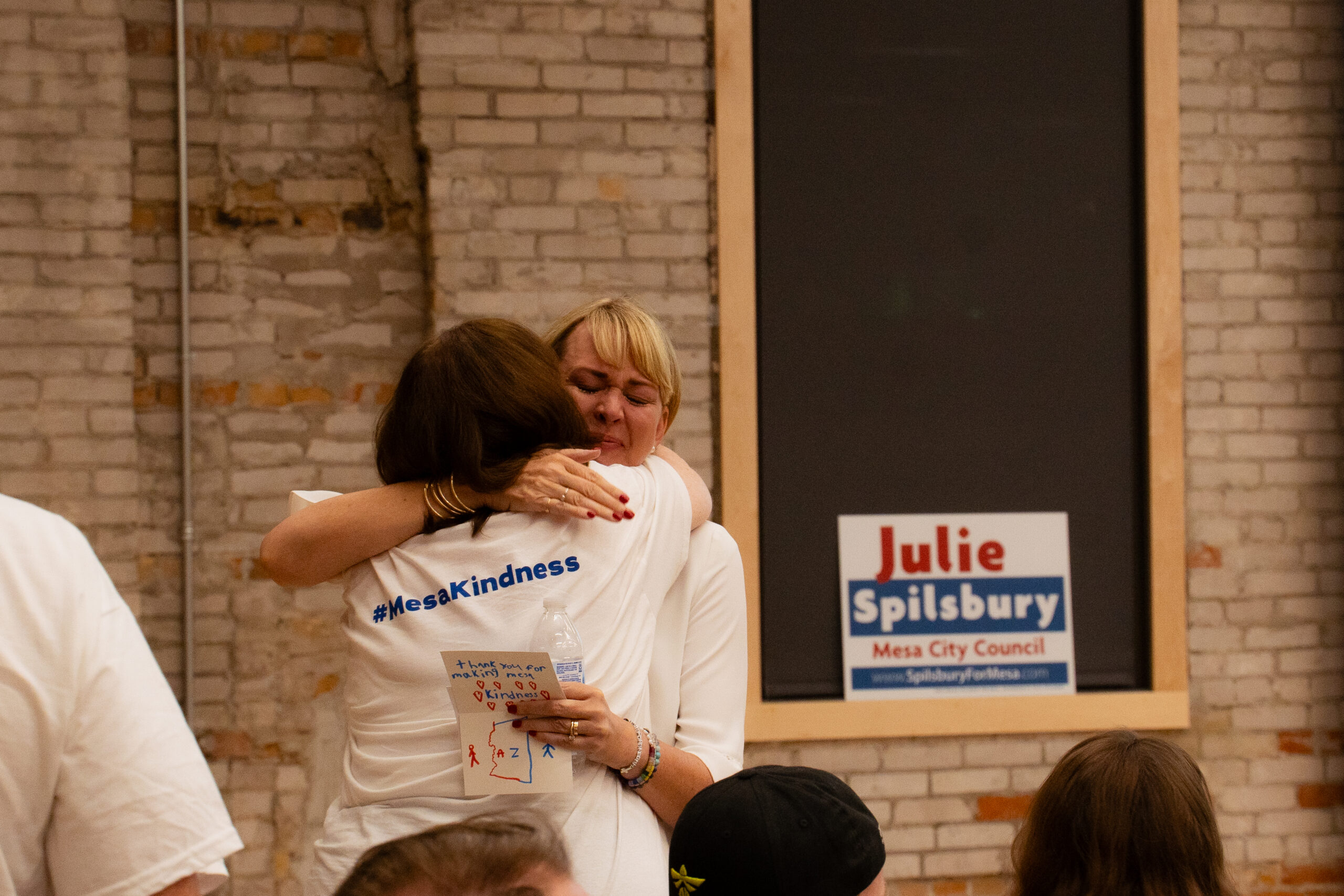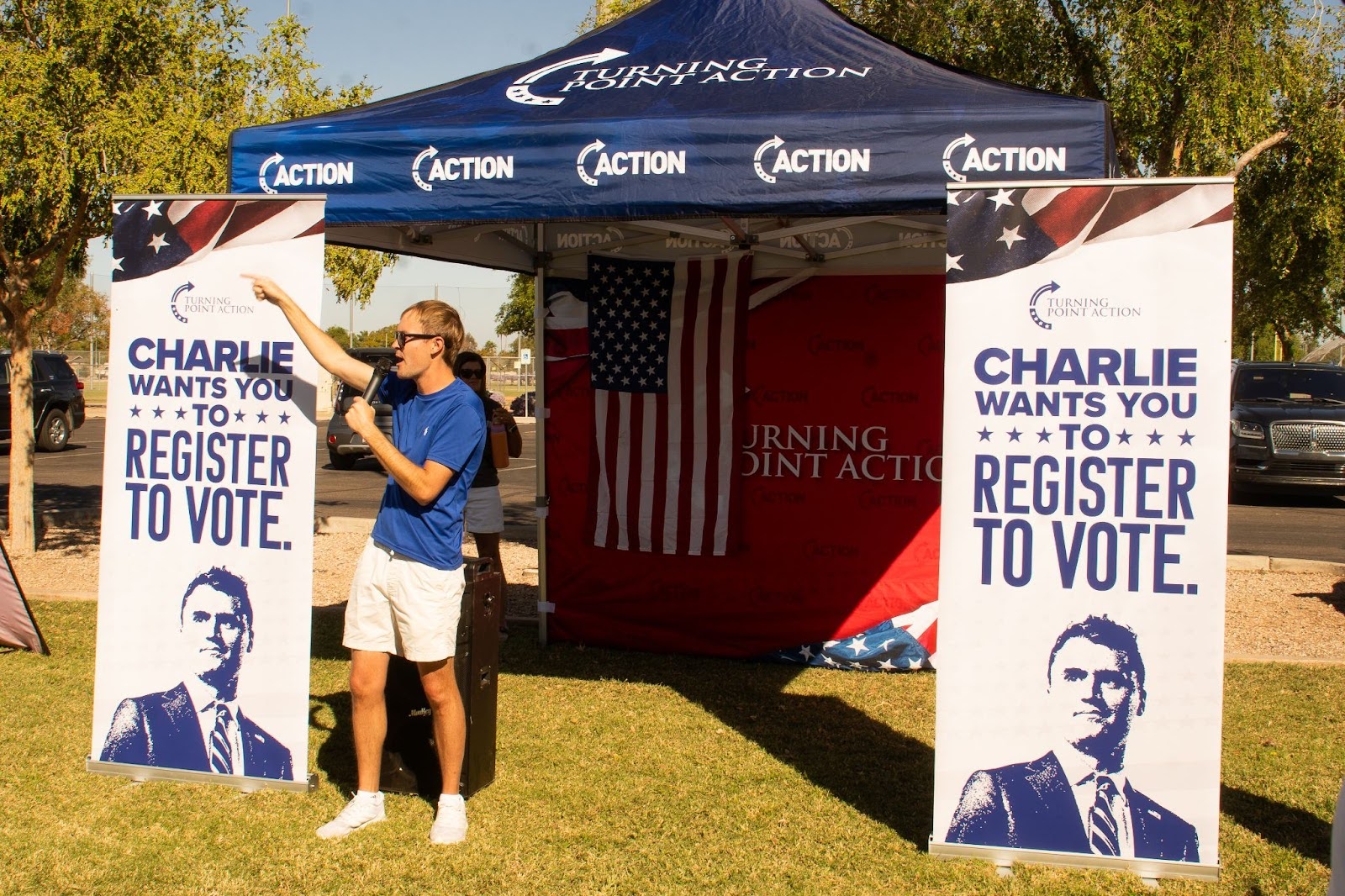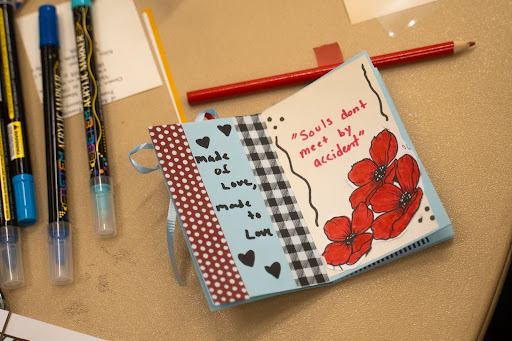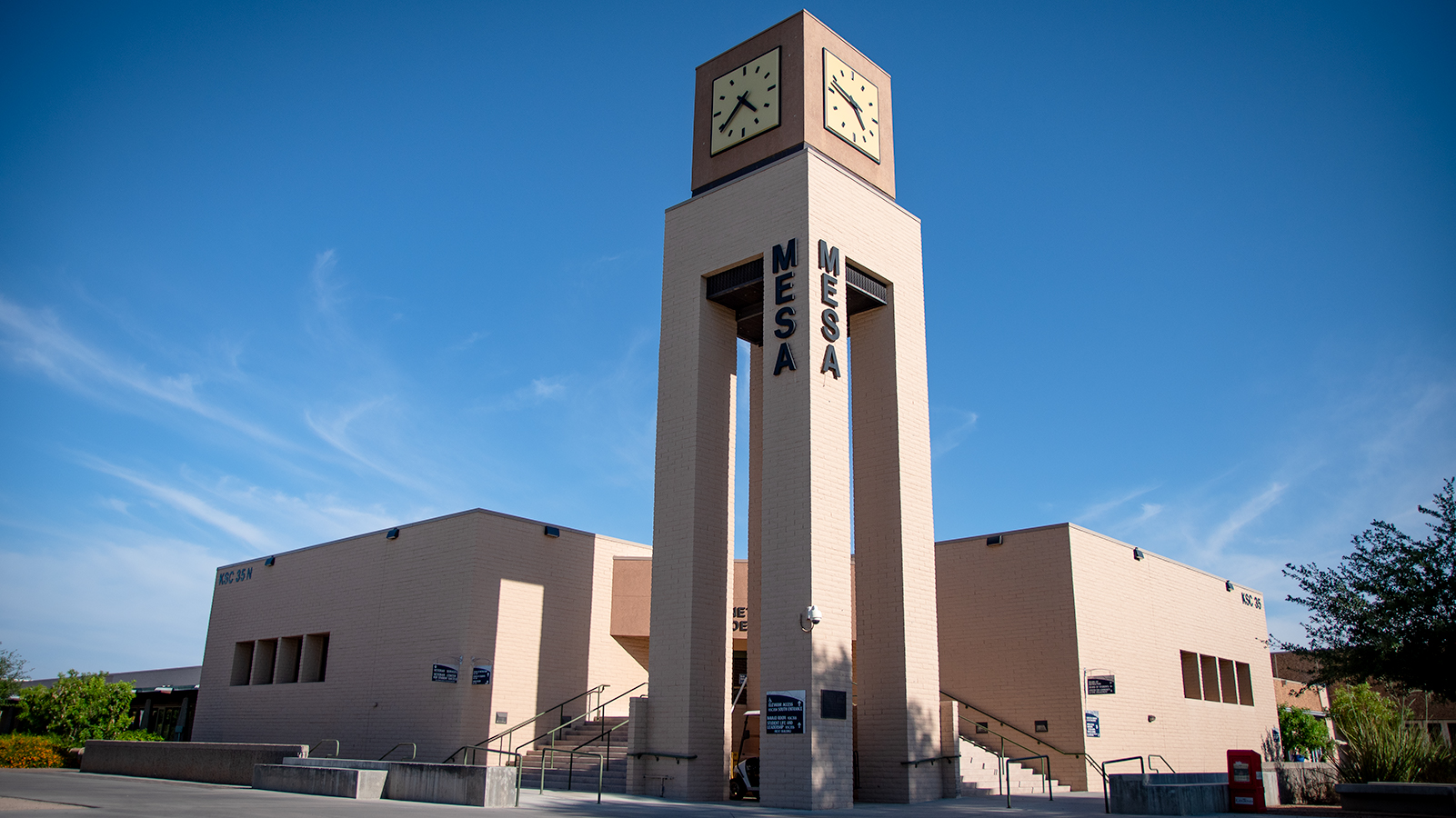Politics are still important after the election
After the election season, it can feel as though a burden has been lifted from our collective shoulders. The burden of having to actively engage, or even just watch, our political system go through the process of re-election can admittedly be strenuous at times.
While taking a slight respite from political involvement can be a necessary endeavor for the sake of our mental wellbeing, it is important to realize that our involvement in politics is not just encouraged, it is absolutely vital.
Following all of the excitement and drama of the elections, many may feel as though our part to play with politics and democracy has been momentarily halted, until the next election cycle.
However, our part in the system demands continuous involvement and participation to ensure our government is held accountable and that our needs are adequately met, regardless of where one may fall on the political spectrum.
Our political involvement does not need to directly follow the beliefs and goals of one specific party.
Though we may have favored a specific political party when voting, that does not need to limit our beliefs and the ways that we support various causes.
To be politically involved is to continually question and to push elected officials to follow through with their varying campaign promises.
Regardless of whether your candidate won or lost, the newly elected official needs to represent all of their constituents, and as such, we need to specify what this representation means and how these individuals can effectively lead us.
When one decides to disconnect immediately after the election, we risk the potential of having these elected officials misrepresent our needs or stray from the values that our communities and country may need.
This political involvement can take many forms and does not need to entirely overtake one’s life, or become a time-consuming burden.
Political education, even at smaller levels, can become influential in one’s ability to understand and address the issues that may be found at all levels of government.
By seeking this education, the systems that may feel too big to be combatted or too complex to be addressed can be much more easily approached, and can allow one to understand the various roles of our elected officials and how they may be aiding or detracting from our lives.
Political involvement does not need to be deep and all-consuming, and even the act of educating oneself can be beneficial to both ourselves and our communities.
Political education can take many forms, and is not an act that needs intense commitment or understanding of our governmental systems.
One can work to become politically educated by reading and researching subjects that may be more interesting to the specific individual. Through this appeal to one’s interests, the process of researching may be found less arduous and can be better understood.
In the process of becoming more politically educated, it can be important to seek nonpartisan sources when researching to ensure that the subject is being covered without bias.
Confirmation bias plays a large role in political education, and when one is actively searching for perspectives that align with their own, they are not getting a broad understanding of the subject and are instead limiting their own ability to effectively participate in the political world.
Rather than tuning out after the election, engage in the system and hold our elected officials accountable.
Ultimately, politics affect the vast majority of our lives.
From the ways that we travel, to the success of our jobs, to our ability to live and effectively purchase food and shelter, politics are not confined to our election days, but are instead a process that needs to be constantly monitored and corrected. Not just by our officials, but by those that are being represented.


